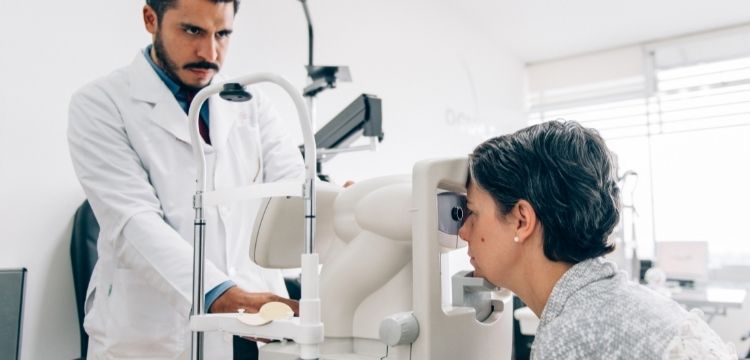International Women’s Day is a day to celebrate women, but it is also a day to acknowledge the biases and barriers that women face in everyday life – especially in eye health.
People often say health conditions don’t discriminate, but that’s not true of blindness. In every region of the world, women are more likely to be blind than men. In fact, women and girls make up 55% of the world’s blind and vision impaired. And yet nine out of 10 women who are blind don’t have to be.
This year, The Fred Hollows Foundation celebrates 30 years of restoring sight and working to achieve equality for women in eye health. The Foundation is working to give women equal opportunities to access eye health services, including training more women eye health workers.
Founding Director Gabi Hollows is proud of the women who continually break barriers and push boundaries in eye health.
“I’m proud to say, on this special day, that many of the people continuing to bring sight to the poor are women. They are women who have achieved great, through largely unheralded things,” Gabi Hollows said.
Sadly, there are still several barriers that make receiving surgery more difficult for women. Setting aside the significant financial obstacles, many women in the world also face cultural barriers and gender discrimination, all which impact on their ability to access the most basic eye healthcare.
In some communities, women can only visit an eye clinic if accompanied by a chaperone. In other instances, men – often viewed as the breadwinners in the family unit – are prioritized for healthcare ahead of women. Young girls often miss out on school because they are expected to stay home and look after a blind family member.
In some areas of the world, being a mother can also be a contributing factor to blindness.
Trachoma is the leading cause of infectious blindness in the world and it is mostly young children who carry the bug. Because women are more likely to stay at home to care for the children, they are more likely than men to be repeatedly infected. Of the hundreds of thousands of people with advanced trachoma, 75 percent are women.












